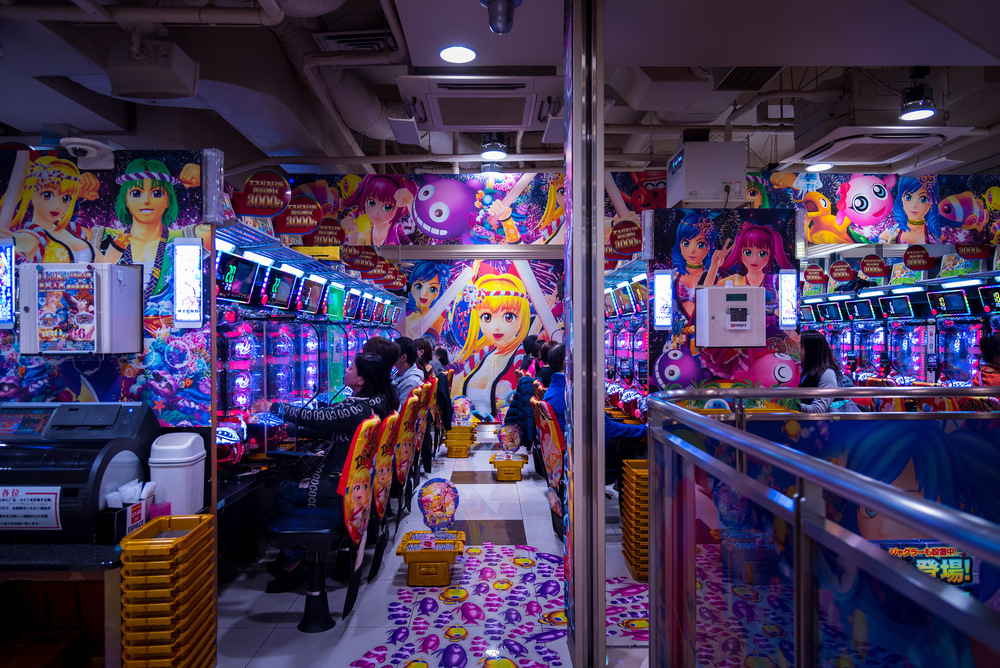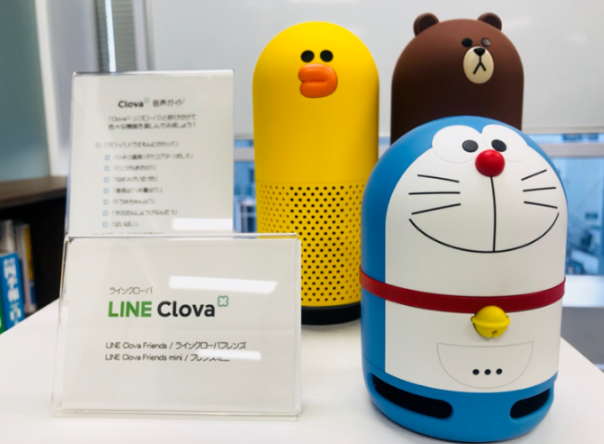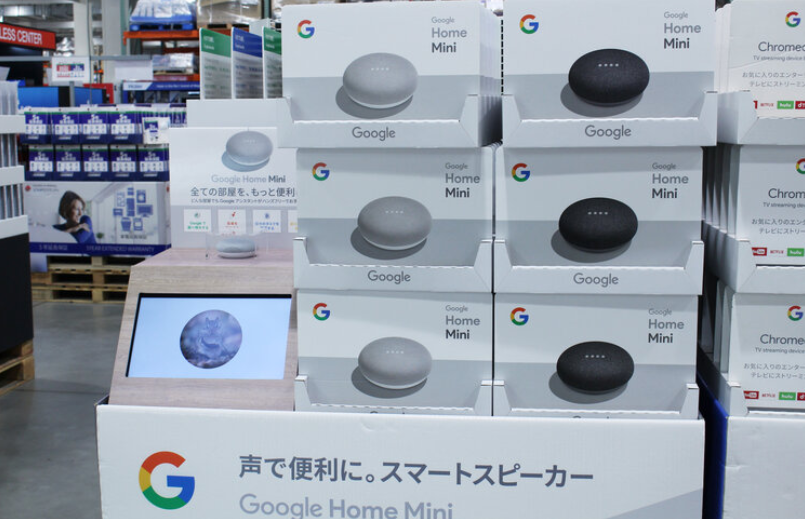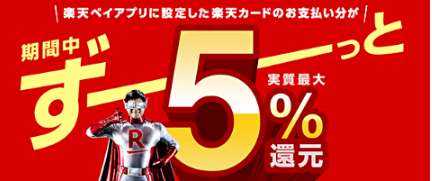BESPOKE MARKET RESEARCH
We enable our clients to understand Japanese audiences in order to make an impact in the marketplace.
MARKET EXPANSION STRATEGY
Our team are familiar with both the European and Japanese markets. We bring clients on-the-ground in their target markets to truly understand the culture, trends and innovations that will have an impact on their success in the market.
TRANSLATION & LOCALISATION
We provide Japanese / English translation and localisation services for Japanese and UK corporates. Our professional, bilingual team is well-versed in creating messaging that resonates with the target audience.
Contact us if you have questions – we’re here!
 Interviews
Interviews













